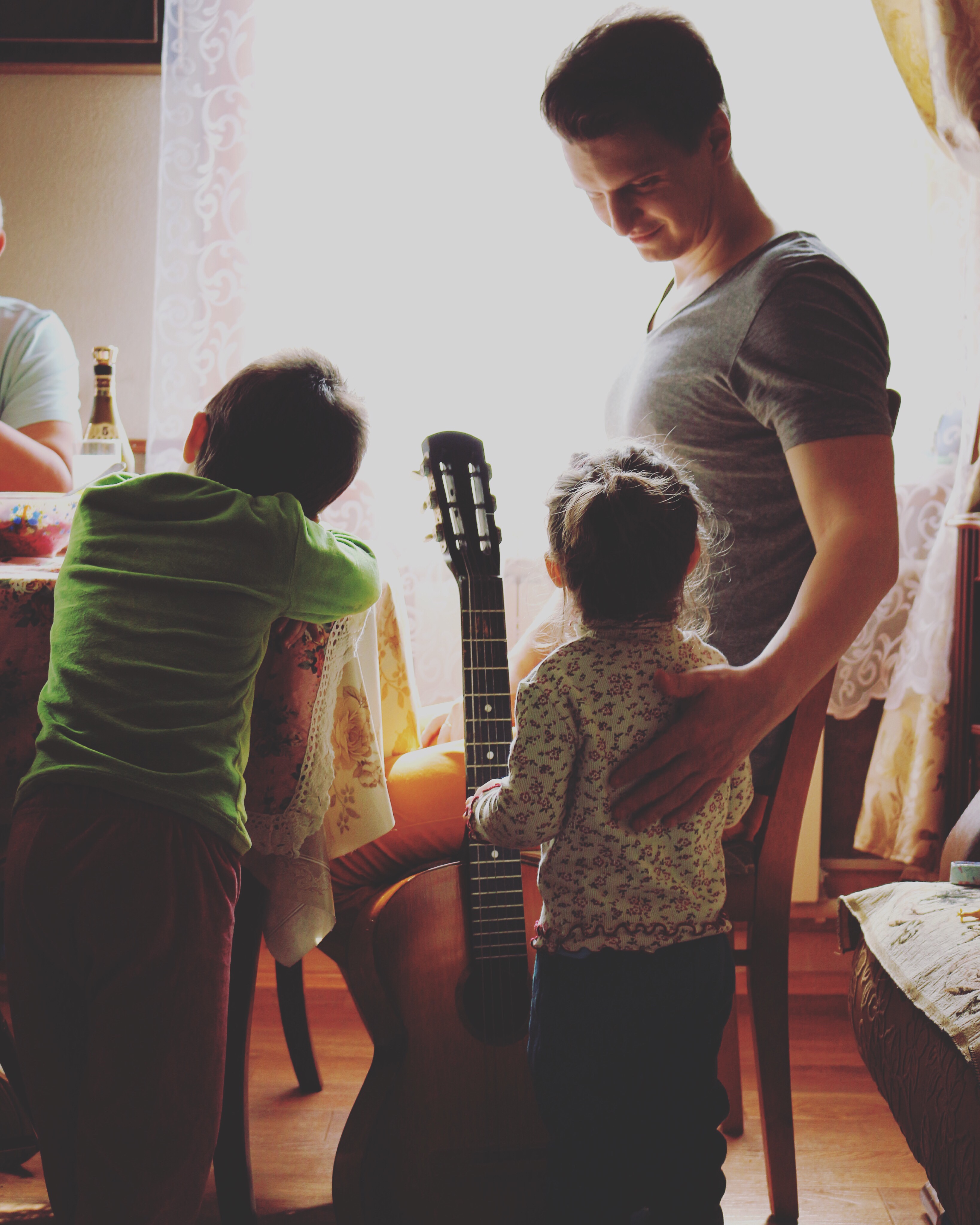
July 20, 2020 by Robert Franklin, JD, Member, National Board of Directors
I’ve blogged about Ray Keiser before. He’s a Nebraska advocate for shared parenting who knows the pertinent information on parenting time and child well-being and isn’t afraid to be blunt about it. He does so here (Lincoln Journal Star 7/8/20).
Now, Keiser reprises the usual arguments in favor of shared parenting that are well known to readers of this blog, but he also produces two others that got my attention. He compares family courts with juvenile courts, i.e. those in which cases of parental unfitness are heard. When a Nebraska child welfare authority wants to take children from parents based on abuse or neglect, they do so in a juvenile court. When parents divorce, they appear before a family court judge.
So what’s Keiser’s comparison?
“The system is also inconsistent. When custody issues arise in family court, trial judges apply the lowest evidentiary standard — preponderance of the evidence. However, when these same issues arise in juvenile court, trial judges use the higher “clear and convincing evidence” standard. Our judges have never explained why this inconsistency exists or why it should continue.
The appellate standard is also inconsistent. When decisions arise in family court, appellate judges review them using a very deferential “abuse of discretion” standard, where the appellate court upholds the trial decision, even if it disagrees with the outcome, unless the trial decision was “clearly untenable.” However, when these same issues arise in juvenile court, appellate judges apply a much stricter “de novo” standard, which gives no deference to the trial judge. Again, our judges have never explained why this inconsistency exists or why it should continue.”
Now, if one of those judges were to respond to Keiser’s points, he/she might say that juvenile courts and the courts that hear appeals therefrom are deciding whether parents should lose their children and children their parents, i.e. some of the weightiest matters on which any court can rule. By contrast, family courts merely decide questions relating to divorce and child custody, i.e. less important considerations. So naturally the standard of proof is higher and appellate courts have greater ability to overrule a trial judge in juvenile matters.
To that, Keiser has a rejoinder.
“Judges are the single biggest cause of fatherlessness.”
In other words, all too often, when child custody decisions are made, one parent in fact does lose a child and a child a parent, not unlike what occurs in juvenile court. It’s sad, but true.
Keiser proposes that every child custody case should begin with the presumption of equal or near-equal parenting time for each parent, subject of course to rebuttal should one parent be demonstrably unfit, in prison, abusive, etc.
Not only that, but Keiser takes up the cause of holding unconstitutional any law that fails to begin with a presumption of equal parenting.
[T]he U.S. Supreme Court has held parents’ rights to make decisions concerning the care, custody and control of their children is a fundamental Constitutional right. This means judicial decisions that affect these rights are subject to the highest standard of review — “strict scrutiny” — and will be upheld only if there was no less restrictive way to resolve the issue. Our judges have never explained why their family law practices fail to comply with this constitutional requirement.
A group of lawyers recently described how our family law system could be brought into constitutional compliance. “Constitutional compliance requires trial courts to start every case from a position of joint legal custody and equal parenting time. Clear and convincing evidence must justify a departure from this equality. Decisions cannot rest on personal preferences of the judge or on gender stereotypes. Any deviations from joint legal custody and equal parenting time must be achieved by the least restrictive means available.”
The holding in Troxel like those in many previous cases, plus dicta in still other family law cases militate strongly in favor of the point Keiser, and the lawyers to whom he refers, make. It’s time for some lawyer somewhere to make the case against the constitutionality of the current system. Until then, though, judges need to start assuming that, unless a parent is unfit, children should have equal time with each parent when the adults split up.


















